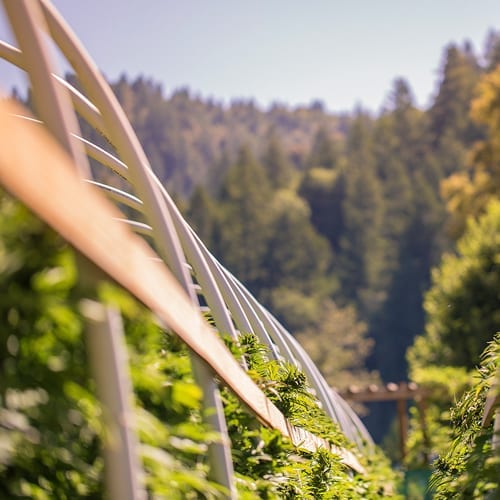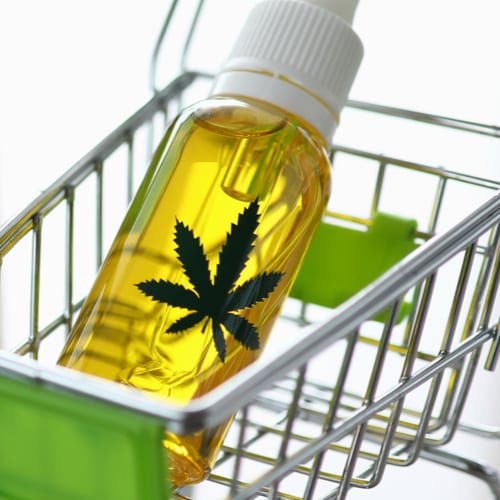
On Wednesday, California regulators and cannabis growers came together to flesh out the state’s “comparable-to-organic” cannabis program, slated to start in January 2021. Because cannabis remains federally illegal, it can’t be certified as organic at the federal level, so California aims to create a parallel—and comparable—standard.
To help decide what to include in California’s framework, participants of the California Department of Food and Agriculture’s fourth working group meeting in Sacramento looked at a blueprint that already exists: the USDA’s National Organic Program, which sets and enforces standards for organically produced agricultural products.
During the meeting, state regulators said that the goal is to align the California program, to be known as “O Cal,” with USDA standards. Regulators want cannabis growers to be able to easily transition to the national program in the event that cannabis is legalized at the federal level.
Depending on the grower, however, the certification process can be expensive and laborious. So of special interest to the working group at this meeting were possible exemptions. For instance, under the National Organic Program, farms that gross less than $5,000 a year from organic products are exempt from some of the requirements of certification. In concrete terms, this means that they must follow all USDA organic requirements but are not obligated to submit an Organic System Plan or pay fees to a certifier. Consequently, these farms can represent their products as organic, but they cannot use the USDA organic seal. The O Cal seal, which would take the place of the USDA seal, would also be reserved to non-exempt, certified growers.
During the meeting, California state regulators noted that the proliferation of exempt operations could potentially require more enforcement to ensure that farmers are adhering to protocol. Representatives of the state Department of Food and Agriculture then asked participants to weigh in, asking “Do your farms actually grow less than five thousand a year? Is that something that occurs on cannabis farms?”
Participants, including those who joined the conference through an online portal, were quick to respond. “No way. Not in the regulated market. Licensing fees are so far above $5,000. This math doesn’t make sense,” one participant said.
Still, one participant noted that some compassionate providers (like caregivers) are attempting to continue to operate at a low profit-margin level. Additionally, small-scale growers, particularly those who sell their goods at farmers’ markets, “don’t want to be certified but are growing organically”—precisely because of the cost of certification in comparison to their revenue.
Later in the meeting, a participant wondered if organic farmers will be required to input the additives they use into the state’s seed-to-sale plant tracking software. In response, the Department of Food and Agriculture said: “We don’t see that happening, but organic farms are required to record what additives they put on their organic plants.” The Department therefore encouraged participants to do so in preparation for the state program.
Before the session came to a close, an online participant told California regulators: “We should set a high bar. The federal government, per usual, will look to California, Colorado, Oregon, and Washington for standards of production and cleanliness.”
The participant added: “We should at least be equal to the EU organic standards, in preparation for export. Annie Kim, an environmental scientist at Department who led the meeting, chuckled nervously and said, “Wow, that’s looking into the future.”
A rough draft of the proposed regulations will be made public during the state’s official public comment period. The Department expects to have the draft ready by the end of 2019 or early next year.
Source: CannabisWire.com





